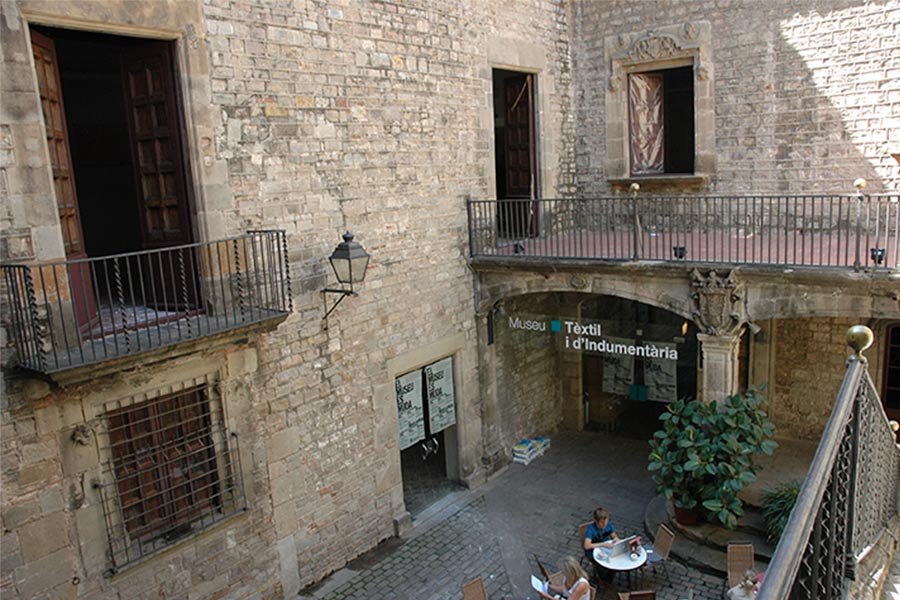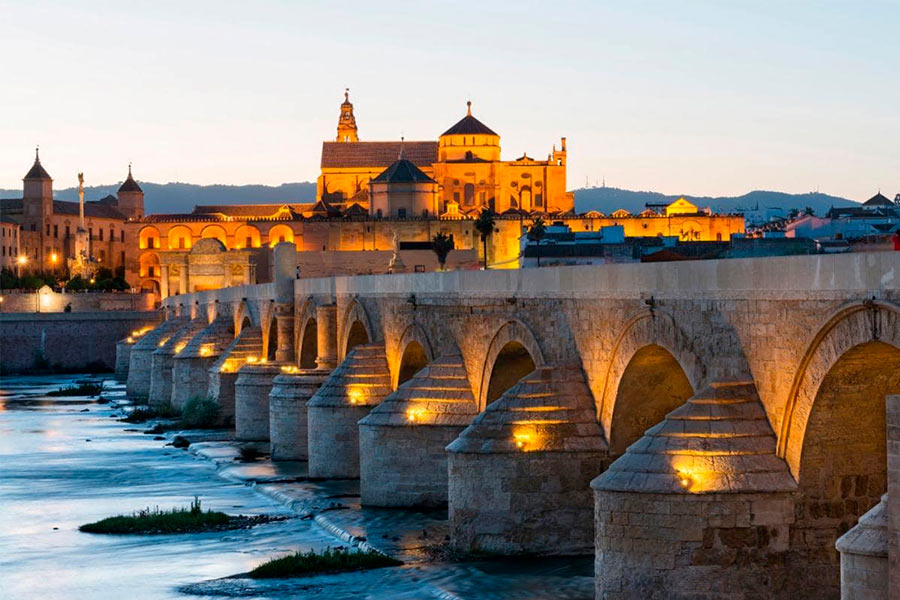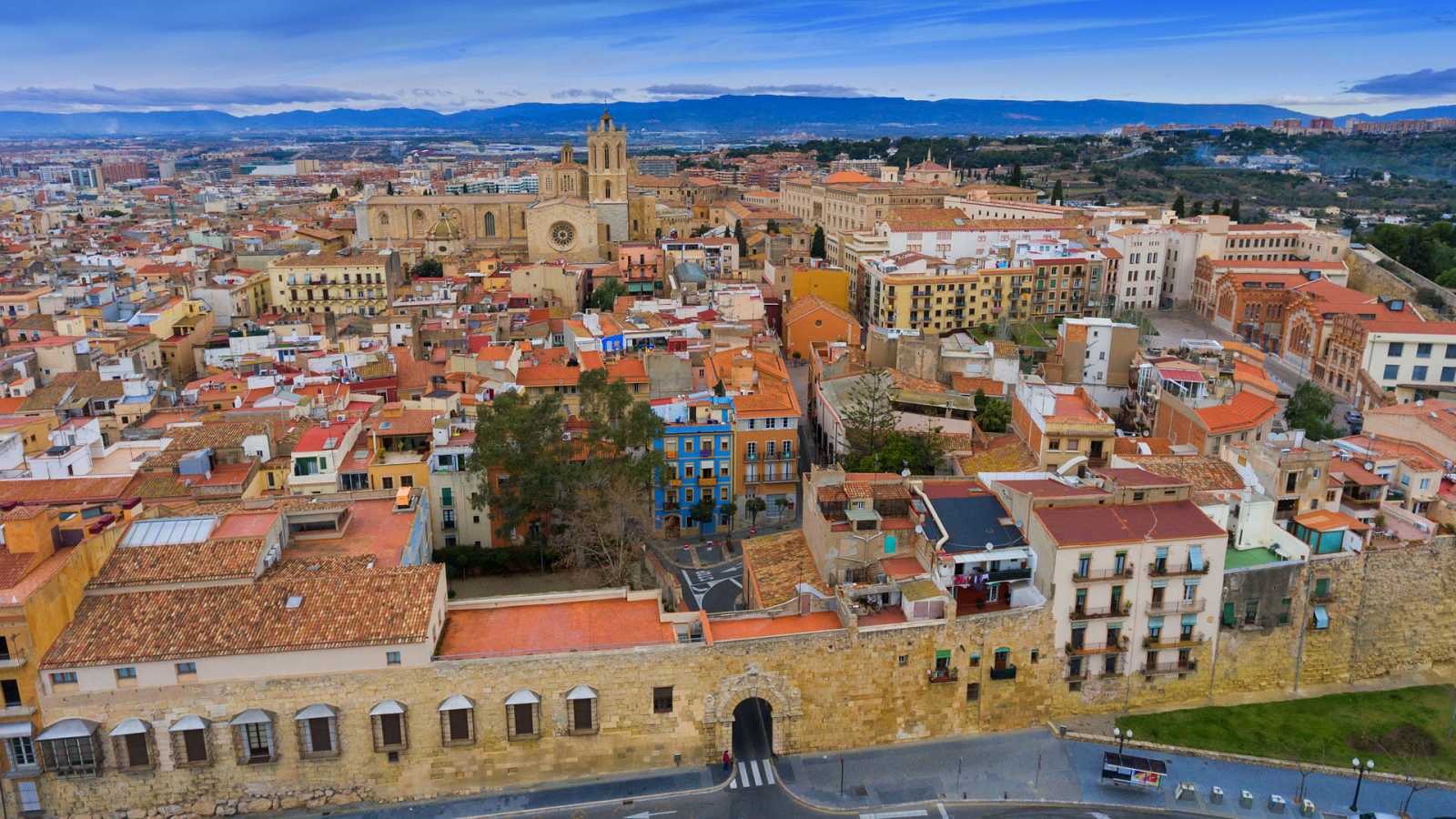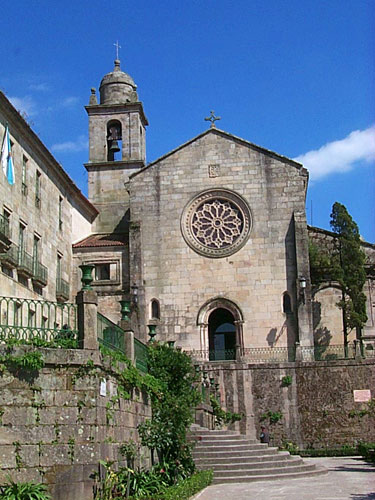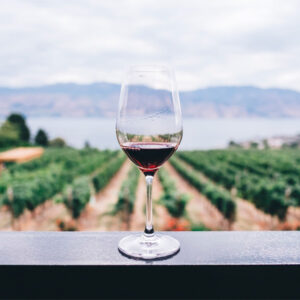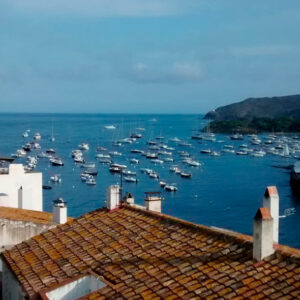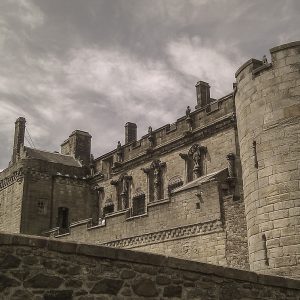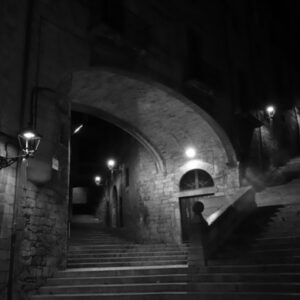CARDONA, MONTSERRAT/POBLET AND TARRAGONA (2 DAYS)
- Departure from Barcelona.
- Displacement by car or minbus depending number of travelers.
- Visit Cardona Castle
- Walk through the salt mountain of Cardona.
- Visit to the Monserrat Monastery.
- Visit to the convent of San Francisco.
- Tour of the Poblet monastery.
- Tour of Tarragona.
- Visit to the National Archaeological museum.
- Return to Barcelona ..
CARDONA, MONTSERRAT/POBLET AND TARRAGONA (2 DAYS)
DESTINATION INFORMATION
CASTLE, MONASTERYS AND TARRAGONA TOUR
DAY 1: CARDONA – MONTSERRAT MONASTERY -MONTBLANC
Visit Cardona Castle and Salt Mountain
In the morning , we will visit Cardona Castle, with history 1000 years ago, we will have a stop in the salt mountain of Cardona, with an area of more than 100 hectares, this potassium salt mine is one of the most important in the world, we will observe the stalactites and stalagmites of millenary salt that it houses in its interior and we will know about the history of the industrial exploitation of the valley.
Visit Monserrat Monastery
Continuing we will discover the Monserrat Monastery, here we will enjoy stunning panoramic views of the entire mountain during the bus tour, we will follow the Montserrat viewpoint to see the beauty that the mountain offers with its stunning views, we will go to the Royal Basilica to contemplate la Moreneta, called black virgin of the Catalans.
Time for lunch in the Penedes region, a wine area that has a designation of origin where we will visit a Wine Cellar
Visit Montblanc
Once we have finished the tour of the day in the direction of Montblanc, we will visit the Convent of San Francisco; a 1230 building, in Gothic style, but without cruise ships, with arches and wooden deck, which in its time was polychrome, and a facade very austere It has one of the best views of the wall. We continue along the Wall and towers of Montblanc, which was built between 1366 and 1397, during the well-known War of the Pedros, the wall currently has 25 defensive towers.
This fortification and its towers began to be recovered during the last century, and now it is a wall in excellent condition, and several towers enabled to climb to the top of them, from where you have stunning panoramic views of the town of Montblanc and from its surroundings. We finished our passage through Montblanc in The Church of Santa María de Montblanc, a first Romanesque church located in a high area of the town was built in 1163, but it was in 1310 when it was decided to lift the building from what was to be a great cathedral Gothic Several Peruvians led to it not being completed, so that in the fifteenth century the works were completed without the construction of the main facade and the bell tower. Therefore, now when we go to visit it we will go up some stairs to the square where a Renaissance-style side door opens, and by its current interior configuration we will verify that it was unfinished.
DAY 2: POBLET MONASTERY- TARRAGONA – BARCELONA
Visit Poblet Monastery
We will start the day going to Poblet Monastery; this is a Cistercian abbey that it was declared a World Heritage Site by Unesco. It is a great architectural complex with almost 1000 years of history, among the 3 largest and most complete in the world. We can still see a community of 140 monks living in the monastery. We will have time for lunch before continuing on our way to Tarragona (Unesco World Heritage). This city is known for its richness and variety of landscapes.
Visit Tarragona
We will take a walking tour of the most emblematic places of this incredible city and its historic center, which unmistakably blends past and present.
We end by visiting The National Archaeological Museum. And Arrival at the Cathedral of Tarragona, located in the ruins of a huge Roman temple. This construction started in the twelfth century; it was not consecrated until two centuries later, and it reveals an interesting transition of styles between Roman and Gothic.
Here we will finish our tour returning to Barcelona.
CASTLE, MONASTERYS AND TARRAGONA TOUR INFORMATION ♥
Cardona Castle
Cardona Castle, located in the region of Bages (Barcelona), is one of the most beautiful castles in Catalonia. It has more than 11 centuries, this ancient medieval fortress retains an impressive architectural ensemble, it also has an ideal elevated position that makes it even more impressive.
Tower of the Minyona
It is a tower of medieval origin of Cardona Castle. At present it is half its original height: the tower is 24 meters high and a base with more than 10 meters in diameter. Previously, it had a height of almost twenty meters, this gave it great value as a surveillance site. Also, its solidity and its isolation made it a great safe dungeon.
In the year 1812, in the French War the upper floor was cut and removed, it was left practically in the aspect that it currently has
Salt Mountain
Salt Mountain is an exceptional natural phenomenon in the world and today continues to grow as the rain erodes it. Its 120 meter tip is a huge diapiro about two kilometers deep. In an hour, you can enter up to 86 meters and thus enjoy the spectacle of shapes and textures offered by this mountain.
For many years this mountain was one of the most important potassium salt mines in the world, Mina Nieves de Cardona (1929-1990). Today, it is the Cultural Park of the Salt Mountain, a large cultural complex with the intention of encouraging the importance of salt, the sublime geological site and the use that man has made for centuries.
Monserrat and its History
The sanctuary has its historical origin in the hermitage of Santa Maria that Count Wifredo el Velloso donated to the monastery of Ripoll in 888.
In 1025, Oliba, abbot of Ripoll and bishop of Vic, was the founder of a new monastery in the hermitage of Santa María de Montserrat. In a very short time, the small monastery had pilgrims and visitors, these contributed to make known among the villagers the stories of miracles and wonders that the Virgin worked.
In 1409, the monastery became an independent monastery. Between 1493 and 1835, a time of great growth reforms, Montserrat was part of the Congregation of Valladolid.
During the 17th and 18th centuries, the monastery becomes a cultural center of the first order. Great composers leave the monastery’s music school.
Later, the Napoleonic war and the confiscation of 1835 turned it into destruction and abandonment. But in 1844 the restoration of monastic life began and in 1881, at the Feast of the Coronation of the Image of the Virgin, she was proclaimed as Patroness of Catalonia by Pope Leo XIII
In the Spanish Civil War, abandonment was experienced again in the monastery. But, the Government of Catalonia preserved Montserrat from looting and destruction.
In the 16th century, the natives of Gósol were involved in the campaigns against the Huguenots of France. At the same time, the town was commanded by the Dukes of Alba. The Carlist wars significantly affected Gósol, with the burning of houses between 1837 and 1876. During the 19th century, the inhabitants left the old town of Altozano to move to the valley. The new location witnessed changes to the industry and, above all, mining.
Montserrat massif
The Montserrat Massif is a rock formation with an area of 50 square km. It is located 30 km from the center of the city of Barcelona. In its vicinity is the Benedictine monastery of Montserrat and its sanctuary, this is dedicated to the virgin of Montserrat. The different forms of the massif make it look unique and also attractive to the landscape. Apart from the sanctuary, in the massif you can enjoy the Holy Cave of Montserrat, the Funicular de Sant Joan and the Basilica.
Poblet Monastery and its History
It was founded in 1150 by order of Count Ramón Berenguer IV. The first monks to stay were Cistercians and were originally from the Abbey of Fontfroide, in France. The monastery always had the protection of the Crown of Aragon and important noble families, lived its peak after the construction of the Royal Pantheon (1340) by order of Peter the Ceremonious. He himself, and other great kings, lie there.
With the descent of the Royal House of Aragon, the loss of monks and, especially, the confiscation of Mendizábal in 1835, the monastery fell in total abandonment and was stripped. But, in 1940 a group of Cistercian monks from Italy recovered the monastic life and made it reborn (a community of 25 Benedictine monks currently lives there). Rebuilt and protected by UNESCO.
Tarragona and its History
The origin of Terragona is in a small Iberian town called Kese. Tarragona, its name is due to the Tarraco that was a Colonia Iulia Vrbs Triumphalis, Tarraco de los Romans, was the capital of Hispania Citerior in the Republican era and of the province of Hispania Tarraconensis during the Empire. After the invasion of 711 the Arabs took over and ruled this province, when Carlo Magno came to power he established the so-called Hispanic Brand that was made up of the cities of Catalonia, Barcelona, Tarragona and Gerona. In the year 1116, once again Tarragona is reconquered by Ramón Berenguer III.
Mediterranean Balcony
Also called the Mirador de Benidorm or Mirador del Castillo, located at the end of the Castelar square, in front of the church of Santa Ana is this Balcony
There is a peninsula in the form of a pentagon with a railing, its attractiveness is its peculiar shape, its gray tiles and a great lamppost of 5 lights, you will have incredible views that the Mediterranean Sea offers.
Roman Circus of Tarragona , declared a World Heritage Site by UNESCO
It is considered one of the best preserved circuses in the West for its incredible state, it is said that a part of its structure remains hidden under old buildings of the nineteenth century.
In it the Ludi circus took refuge, the most applauded spectacles of the Roman world: the car races, usually pulled by two or four horses (beams or quadrigas). Built at the end of the 1st century AD, in the government of Emperor Domitian (last of the Flavia dynasty), the Circus of Tarraco is the last of the constructions on the lower terrace of the upper part of the city, leaving the imperial zone of Commercial and residential neighborhoods.
San Antonio Portal
The San Antonio portal is the only entrance that is preserved from the old wall of Tarragona.
It is of Baroque style, its decoration comes from the year 1737: shield and crown are of Felipe V between lions and shield of Tarragona on the semicircular arch. On both sides, pilasters crowned by Roman trophies in which there is a legend regarding the construction of the portal.
CASTLE MONASTERYS AND TARRAGONA TOUR DATES ≔
All year except Christmas, New Year and St. Stephen
WHAT DOES CASTLE MONASTERYS AND TARRAGONA TOUR INCLUDE ♥
This tour includes:
- Visit Cardona Castle
- Visit Cardona Salt Mountain
- Visit Montserrat Monastery
- Visit medieval village of Montblanc
- Poblet Monastery Entrance
- Entrance to the Roman compound of Tarragona
- Guide during the whole tour
CONDITIONS AND CANCELLATION POLICY ☜
- Maximum capacity: 15 people.
- Meeting point: Pick up at the Hotel of Hospedaje.
- It is essentialto have received the reservation confirmation.
SIMILAR TOURS AND ACTIVITIES

Discover the multicultural Spain with us
BARCELONA LANDS is a receptive of Tours, Activities and services in Barcelona, Madrid, and other cities in Spain. We have been offering tourist services of all kinds for more than 10 years.
We are experts in the destination, and we know the best corners so that you can enjoy all the services you can hire. We can offer you any service you are looking for, and customize the products we offer. All our Tours are private or in small groups and with professional guides. You can choose a wide range of possibilities with Tours and activities of 1 day and several days.

